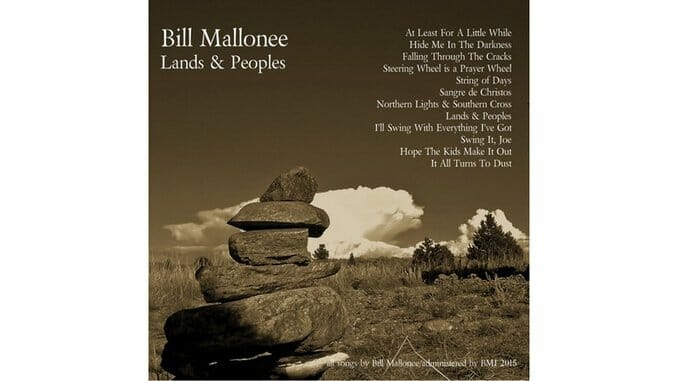Bill Mallonee: Lands & Peoples

Bill Mallonee has released more than 60 albums over 25 years. He has reached a point where he releases three or four albums and EPs a year now, yet continues to be a keen observer of life. His songs are picture-perfect, textbook examples of songcraft.
Therein lies the biggest problem facing Bill Mallonee.
-

-

-

-

-

-

-

-

-

-

-

-

-

-

-

-

-

-

-

-

-

-

-

-

-

-

-

-

-

-

-

-

-

-

-

-

-

-

-

-








































